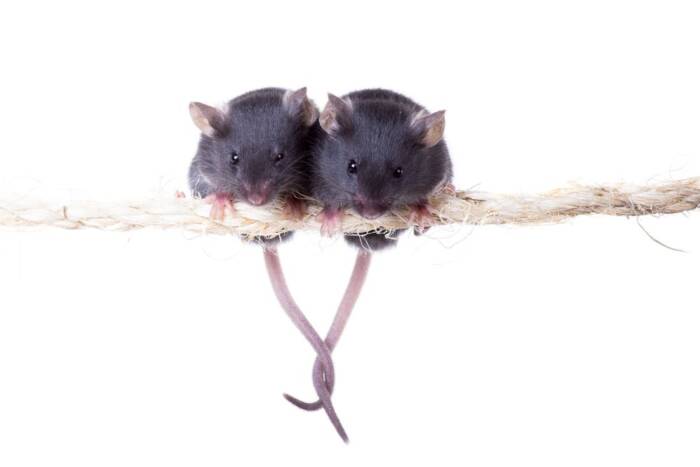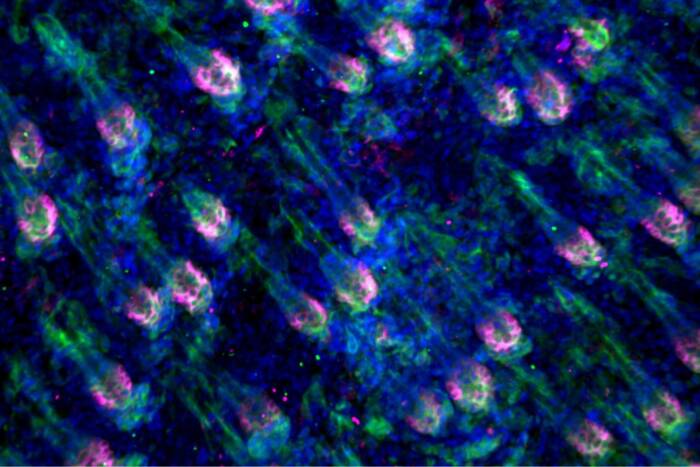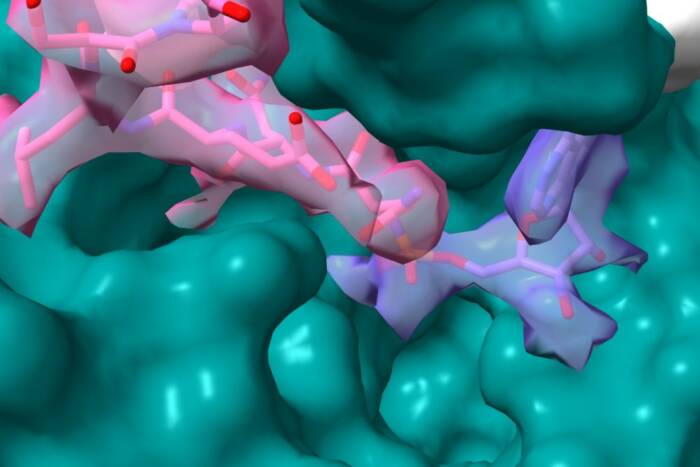Daniel B. Gilmer
 (opens in new window)Daniel B. Gilmer
(opens in new window)Daniel B. Gilmer
Presented by Vincent A. Fischetti
B.S., Howard University
Studies of a Novel Phage Lytic Enzyme, PlySs2
Bacteriophages, or phages for short, are viruses that infect bacteria. There are about 10 million phages per gram of soil or milliliter of water, so recent estimates predict that there are approximately 1031 phage on earth, making it the most prevalent biological entity on the planet.
When phages infect bacteria they replicate for about an hour, after which time they need to exit the bacteria to release their progeny phage to infect other bacteria. They exit by producing an enzyme called lysin that drills holes in the bacteria causing them to explode and die and, in doing so, release their progeny. Our lab was the first to successfully develop purified forms of these enzymes for therapeutic purposes. Adding purified lysin to a bacterium will punch a hole in the cell killing it instantly, much like popping a balloon with a pin.
Daniel was interested in identifying new lysins that would efficiently kill certain disease bacteria. He selected to work on a lysin that killed Streptococcus suis, an organism that causes serious infections in pigs but also could infect and sometimes kill pig workers and handlers. Daniel did a great job purifying and characterizing the enzyme called PlySs2, and when he checked to see what other organisms the enzyme was able to kill, he found to his surprise that it killed a wide range of disease bacteria that also caused serious human infections, particularly antibiotic resistant staphylococci called MRSA, responsible for deadly hospital infections, and S. pyogenes, responsible for strep throat and other serious infections like “flesh-eating disease.” Daniel was able to show in a mouse model of blood infection that the lysin was able to kill both bacteria at the same time in mixed infections, saving the lives of these animals. The enzyme worked so well that it has been licensed by a biotech company which is developing it to treat MRSA infections in hospitals.
Not only was Daniel busy in the lab, he was also busy at home where he and his wife Chanel are proud parents of two children, Elijah and Kasja, who arrived during the last years of his Ph.D., during a time when Chanel was completing her master’s degree.
In addition, Daniel has been very active in helping others whenever he can. As a Howard Hughes fellow, he was president of the Howard Hughes Medical Research Scholars Program, where he provided leadership to twelve research scholars. He also successfully mentored one or two summer students each year, and is the founder of MenBuild, a ministry that connects African American professionals with undergraduate students.
Daniel will now move from science to business where he will participate in an analyst training program at McKinsey and Company.


